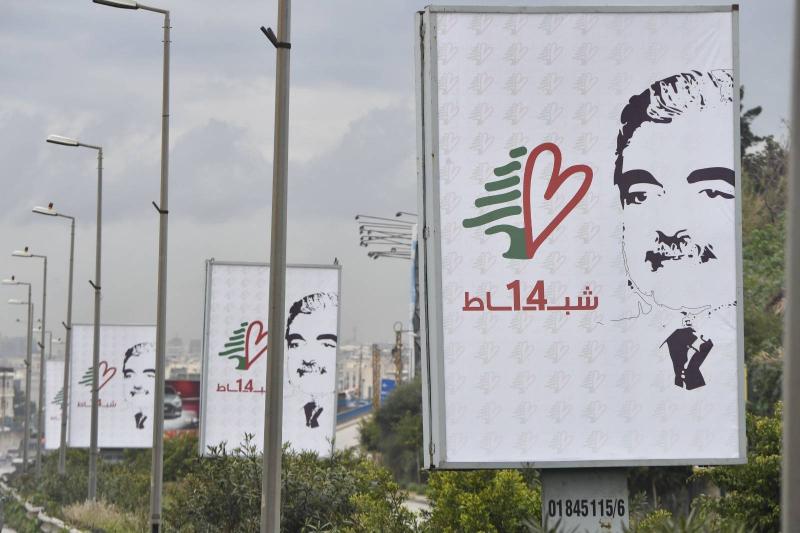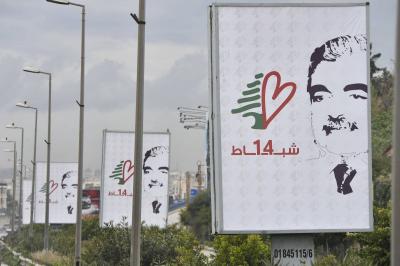Former Minister of Social Affairs, Captain Rashid Darbass, confirmed that President Saad Hariri "will naturally return on February 14 to participate in the anniversary of his father's assassination, but he will not fulfill this duty and leave afterwards like he did last year." Darbass stated that Hariri "has made several attempts and launched political and economic initiatives in the past, but none were successful, so he decided to give others a chance and chose to suspend his political work and go abroad."
He added, "Those who have come and tried have not succeeded in completing this task, and if there is a settlement being prepared, Hariri is the one qualified to complete any upcoming settlement. Although there may be some disputes that arise, he is the best person to facilitate convergence and dialogue." He emphasized that "the Future Movement is still present in union life, evident from the lawyers' syndicate elections and other union obligations, where President Hariri intervened directly in these obligations, particularly in the lawyers' elections."
Regarding the presidential file, Captain Darbass believes that "the goal of the five ambassadors' visit is merely an attempt to fill the void through movement towards political forces, and the reason is that there is no maturity in positions highlighting the possibility of reaching a settlement, as indicated by the fixed positions of the Shiite duo regarding their presidential choice. Meanwhile, others have shown a willingness and are ready for change, and thus, the duo remains steadfast in its choice, seeking to pressure the other side to follow the same scenario that preceded the election of the former president, Michel Aoun."
Concerning the presidential settlement, he said, "A settlement must occur, but it is still somewhat distant, as it awaits developments in the war in Gaza and confrontations on the southern front." About concerns of an "Israeli war" on Lebanon, Darbass affirmed that "the scenario of the 2006 war will not be repeated because 'Israel' possesses many means to harm Lebanon from a distance, through air raids and assassinations, which are more dangerous and worse than direct war, as they assassinated 170 resistance fighters without them being able to draw their weapons and confront this brutal enemy."




